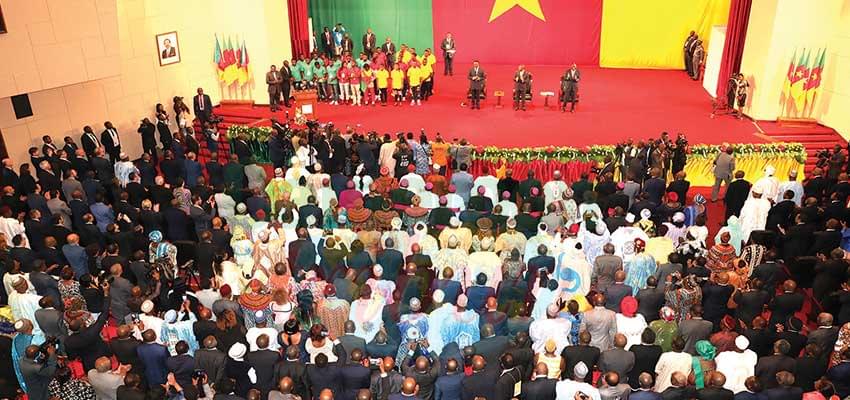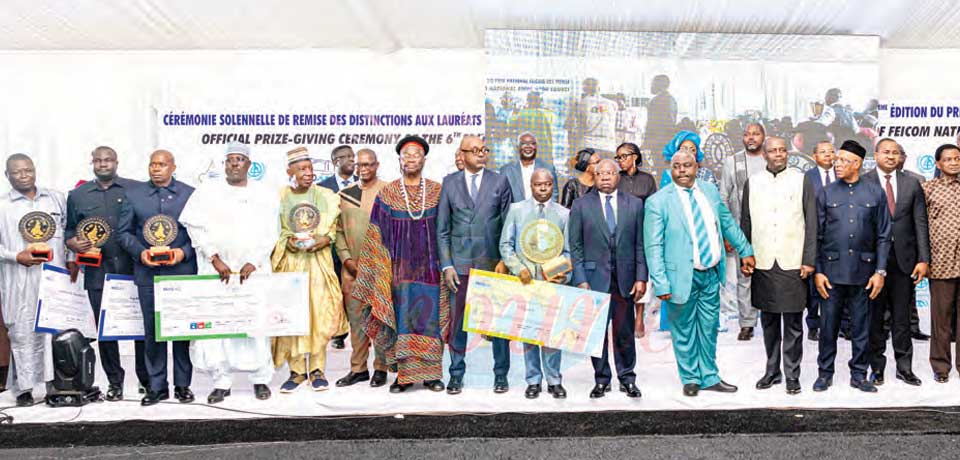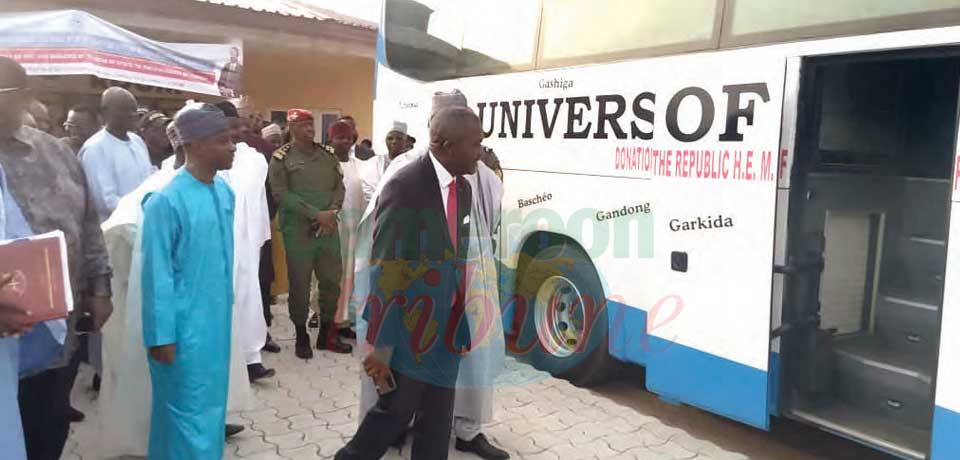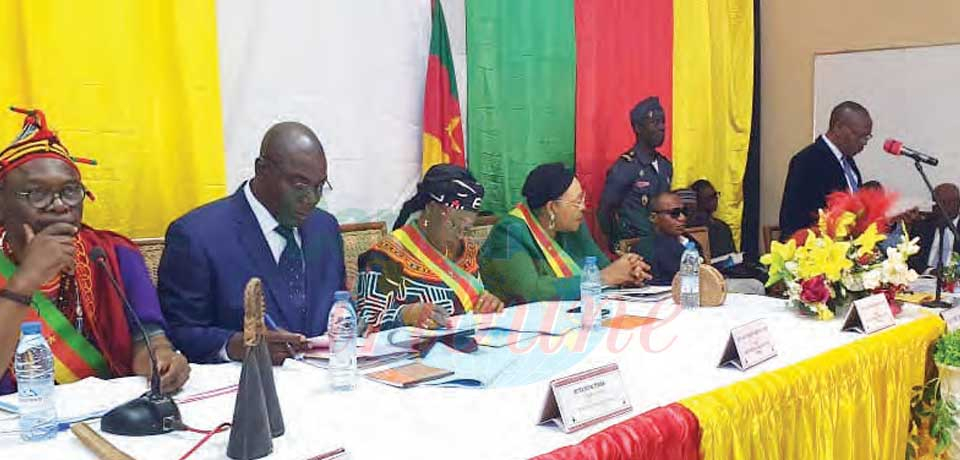Strides In Consolidating National Cohesion
- Par Richard Kometa
- 30 Dec 2019 16:27
- 0 Likes

Cameroonians are witnessing another end of year with major decisions taken to ensure a stronger nation.
One year after the start of another tenure of office for the Head of State, Paul Biya following the presidential elections on 7 October 2018 and the oath of office taken on 6 November 2018, Cameroon has witnessed several mutations. With the mobilisation of citizens at all levels and the entire leadership in the country to face refugee influx from the Central African Republic into the East Region, sporadic attacks by the Boko Haram insurgents in the Far North Region and a restive socio-political and economic situation in the South West and North West Regions; the aim being to ensure that the country remains united and stable.
To achieve the goals earmarked by the State across the country, several measures were taken either at the national or with the support of external partners. One of such step was the Major National Dialogue (MND) convened by the Head of State from 30 September to 4 October 2019. Citizens from all walks of life and from the Diaspora converged on the Yaounde Conference Centre under the leadership of Prime Minister Joseph Dion Ngute to chart another path for Cameroon. Described by some political critics as the first litmus test for the PM, following his appointment on 4 January 2019, it rather turned out to be a major success, judging from the calibre of personalities present and the quality of recommendations made to the Head of State.
The commitment by the Head of State to give full meaning to the outcome of the MND is being seen through the introduction of important Bills in Parliament and their immediate promulgation into law soon after their adoption by both Houses. The Law on the Promotion of Bilingualism and that on the General Code on Regional and Local Authorities were landmark decisions which are a direct spill over from the MND. To avoid further bumpy turns on the road to nation-building, emphasis was laid on upholding the English and French sub systems in the country both at the educational and legal set-ups.
Given the general adherence by a cross-section of the population to the steps taken to ensure a return to normalcy throughout the country, attempts by some foreign forces to meddle in the internal affairs of Cameroon, and even moves by some citizens in countries like France, and Germany to paint a bleak picture of the country and its leadership subsided in 2019. Local council and legislative elections scheduled for 9 February 2020 will be another endeavour to foster peace and political pluralism in the country. Building trust in the democratisation process in Cameroon will also come through the successful organisation of the upcoming grassroots electoral consultations.
In order to catch up with growing international challenges which could also have a negative impact on Cameroon, President Paul Biya invited his peers of the Economic Community of Central African States, (CEMAC) in Yaounde in November 2019 to brainstorm on the economic situation in the Sub-region. The Summit recalled the leadership role of Cameroon within the CEMAC zone and the difficult world economic situation, requiring that the Head of State should assume his responsibilities.
Such a desire to revamp the economy of CEMAC could not come without a similar concern in the country. Thus, Cameroon witnessed the opening of a cocoa processing factory in Kekem, West Region during the year. The plant has the potential to provide thousands of direct and indirect jobs to the youth. Construction work that started on the upland part of the Nachtingal Dam is equally b...
Cet article complet est réservé aux abonnés
Déjà abonné ? Identifiez-vous >
Accédez en illimité à Cameroon Tribune Digital à partir de 26250 FCFA
Je M'abonne1 minute suffit pour vous abonner à Cameroon Tribune Digital !
- Votre numéro spécial cameroon-tribune en version numérique
- Des encarts
- Des appels d'offres exclusives
- D'avant-première (accès 24h avant la publication)
- Des éditions consultables sur tous supports (smartphone, tablettes, PC)














Commentaires